“You are about to have the best gelato in San Gimignano, Italy,” said our tour guide while I was dozing off on a long drive around the Tuscan region. Instantly, the entire bus of tourists perked up.
She said, “Make sure you don’t go to the other gelato shop that says the best gelato. Go to the one with the sign World Champion. I recommend you order the saffron and pine nuts gelato.” Delicious.
When we got to the plaza, we found two gelato shops. One plastered with the sign “Gelato World Champion - 2006/2007, 2008/2009.” And the other just said, “BEST GELATO.”
That’s a big claim in Italy. There are gelato shops everywhere, and each one has its signature flavor. In the shop that was plastered with “Gelato World Champion - 2006/2007, 2008/2009,” there was a massive queue.
What makes one better than the other? Isn’t it so easy to claim nowadays that they are the best at something?
Here comes the art of bragging. Bragging means to be proud and boastful about one’s achievements or obsessions. Yet, there’s a lot of stigma that comes with it.
Recently, I was at a writers’ meet-up, and as everyone introduced themselves, I couldn’t help but think that if I didn’t introduce myself well, how would I leave an impression?
The challenge is bragging has had a negative reputation. There have been findings that humblebragging, the type of bragging masked by a complaint or humility, makes people like you less.
I want to argue against that. Bragging can be done well at a time when the world is filled with messages of people and businesses promoting themselves online. It doesn’t have to be annoying. But, rather, it can be inspiring.
Last September, The Michelin Guide announced which restaurants gained, earned, and lost stars.
For those who don’t know much about the Michelin Guide, it is the restaurant and hotel review guide created by Michelin, a tire company in France. Its humble beginnings came from encouraging more tourists to take the road using a little red guidebook.
Restaurants are awarded zero to three Michelin stars, with one star signifying "a very good restaurant," two stars denoting "excellent cooking that is worth a detour," and three stars indicating "exceptional cuisine that is worth a special journey." The guide uses anonymous inspectors to visit and review restaurants.
Having worked in the culinary industry for more than ten years, I’ve known of the Michelin Guide as the book that makes and breaks chefs' dreams.
Now, with the internet, the acknowledgement of those who succeeded in earning and keeping stars happens almost instantly.
When I think of experienced braggart, I think of actors who earn the Oscars, athletes who win grand slams, or chefs who receive Michelin stars for their restaurants. One example is Chef Thomas Keller, who started The French Laundry restaurant with the idea that an American chef could use American ingredients and create food that rivals the best in Europe. He was a broke chef struck by a New York Times headline, “Having a dream is hard, but living it is harder.”
The French Laundry has held three Michelin stars since the San Francisco Guide's launch in 2007 and has maintained them ever since. So, it has had a three-star Michelin rating for at least 16 years as of 2023. Here is his thank you message for maintaining three stars for The French Laundry in Napa Valley:
Yet, in this one post above, you can see he knows how to brag. Here is my recipe for a perfect brag, inspired by Thomas Keller:
Lessons
“Every day, we work to maintain the three Michelin stars we have been awarded. Every day, we strive to achieve greater success than the day before.”
Communicate the hard work that led to the bragging rights.
There’s nothing more frustrating than a random brag. Some research state that it makes people trust you less if you brag; for example, here is Elon Musk and his Twitter humble brags. I believe that this is what gives a bad name to bragging.
Thomas Keller and his team have worked tirelessly to keep their stars for 16 years. The stars they’ve kept are validation of the consistent work that they do.
“The team defines the restaurant as much as the restaurant defines the team. The servers. The porters. The farmers. The gardeners. The support staff.”
Talk about the people who helped you get there.
No man is an island, as cheesy as that sounds. Thomas Keller acknowledges his current team and those that have already left. What is unique about it is that it acknowledges the people who were part of the entire journey. If you acknowledge the people who help, there is that feeling of making them a part of the “win.” It appears more collective than individualistic or more humble than arrogant.
“But even as we work to improve, it’s important to remember our profound history. Thank you to our past team members who have helped pave the way to where we are today.”
Don’t be afraid to be descriptive also. The way Thomas Keller talked about porters, gardeners, farmers. He flawlessly communicated that the restaurant is more than the kitchen.
Have a wingman.
The great thing about bragging online or in a crowd where you know people is that there is a chance that someone will validate your brag. This happens a lot on LinkedIn when someone gets a promotion. If it happens to be another credible person, such as Chef Grant Achatz, this signals to others that this is a legitimate brag. Grant Achatz is a chef who lost his taste from tongue cancer, yet went on to build the restaurant Alinea and won many awards for his cutting-edge techniques.
Don’t be afraid of bragging.
I’ve interviewed and written about entrepreneurs and chefs in the newspaper in the past two years. One thing I’ve noticed is that rarely do people know how to shine light on their achievements.
They get shocked when the article comes out because their question is: “Wow, thank you for telling my story in that way.” Every person has a journey to brag about. It’s just about knowing how to angle the story.
You might be asking, why brag? Bragging, when done gracefully, can inspire others. And it can also open possibilities and connect you with like-minded people. If you’re a creative freelancer, you can get more clients. If you’re a business, you can get more customers to trust you. And if you do it on a personal level, your circle can get to know you better.

There’s also the science behind bragging. Bragging gives us the same pleasure as food and money. And 40% of everyday speech is devoted to telling others what we feel or think.
So, next time, consider this:
Tell the story behind your bragging rights.
Thank the people who made it possible.
Brag in an environment where you have a supportive crowd.
Do it sparingly!
If a gelato shop or Thomas Keller can do it, so can you.
Toolbox
These are weekly discoveries for anyone who wants to communicate better in work, business and life!
How to get press for your product | Jason Feifer (editor in chief of Entrepreneur magazine)
I love this episode so much as it makes you rethink getting publicity for a business.
This is my work journal for all things communication! If you learned something new in this newsletter, comment or subscribe below.
My question for you this week: what are your thoughts on bragging?



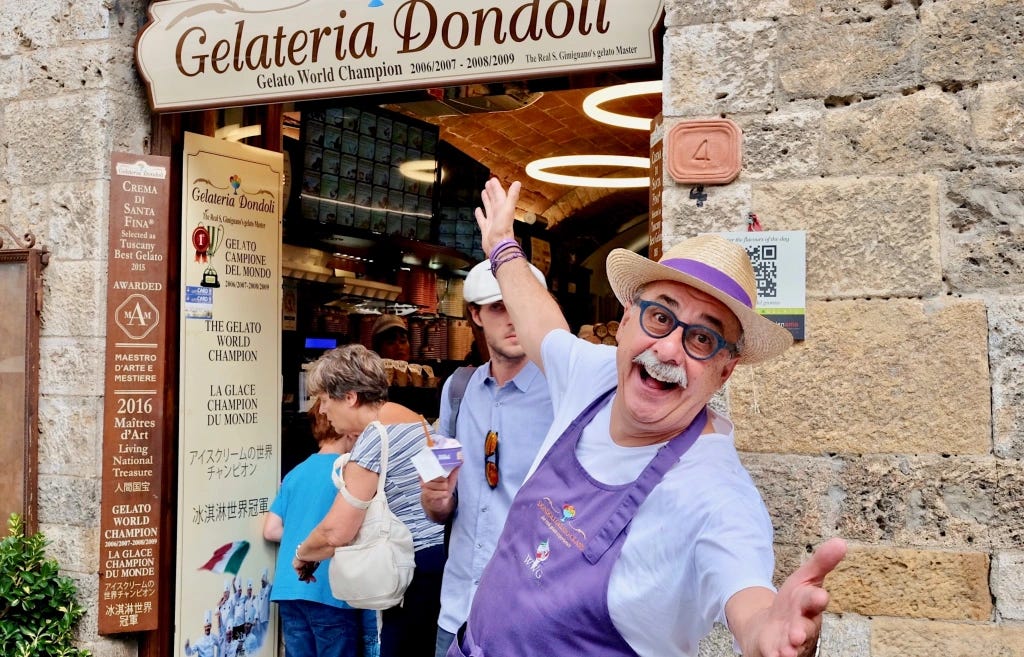
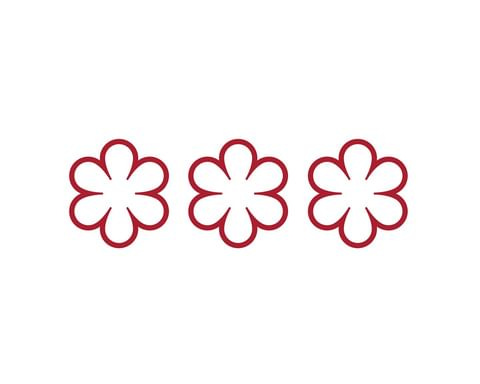
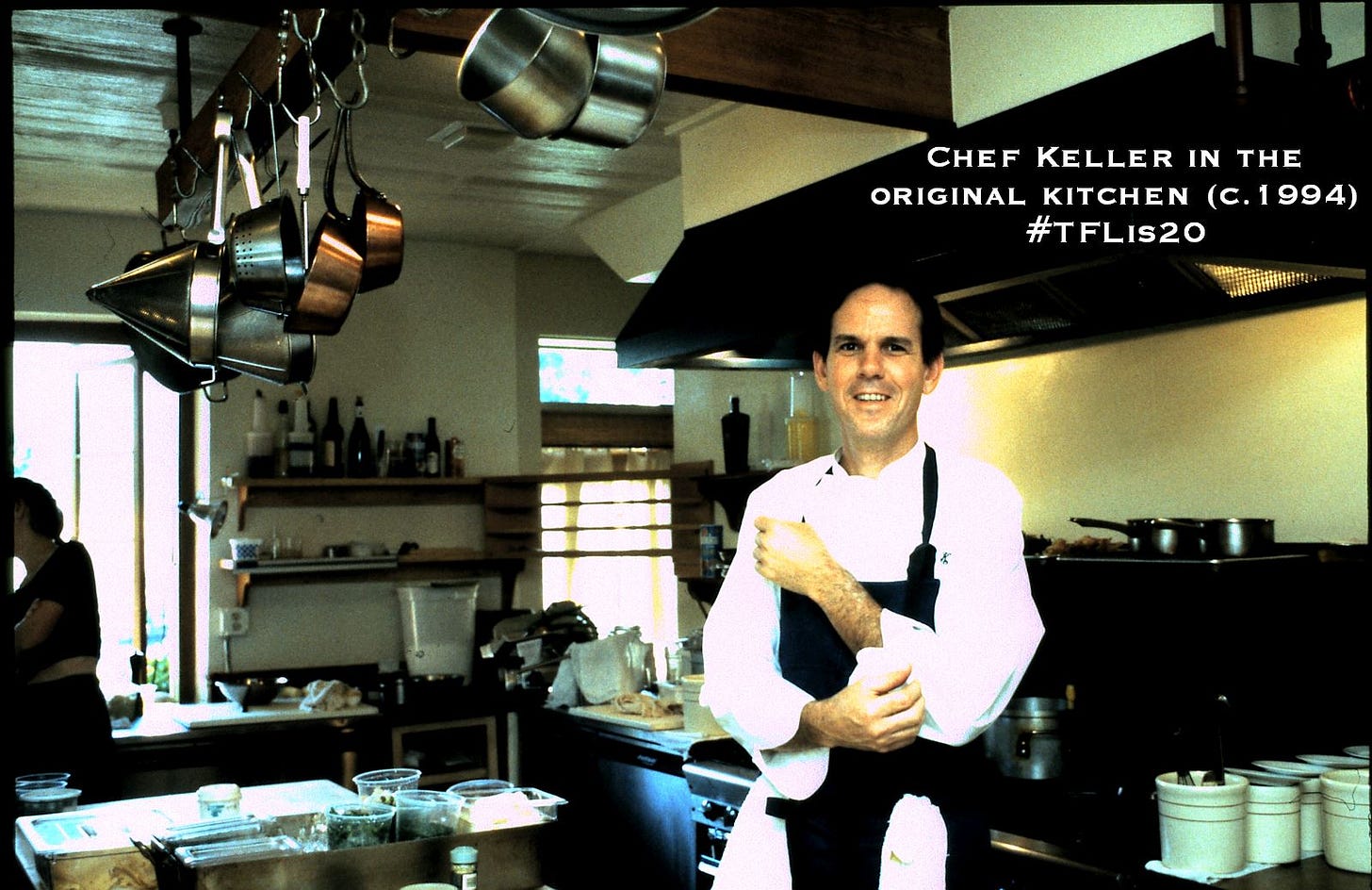
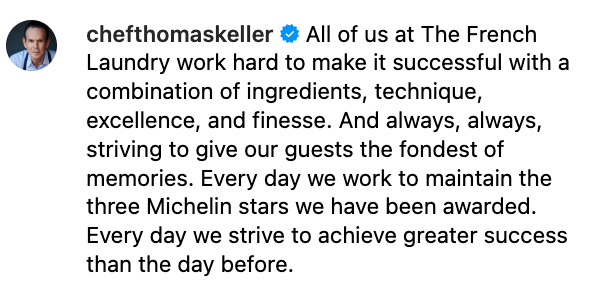



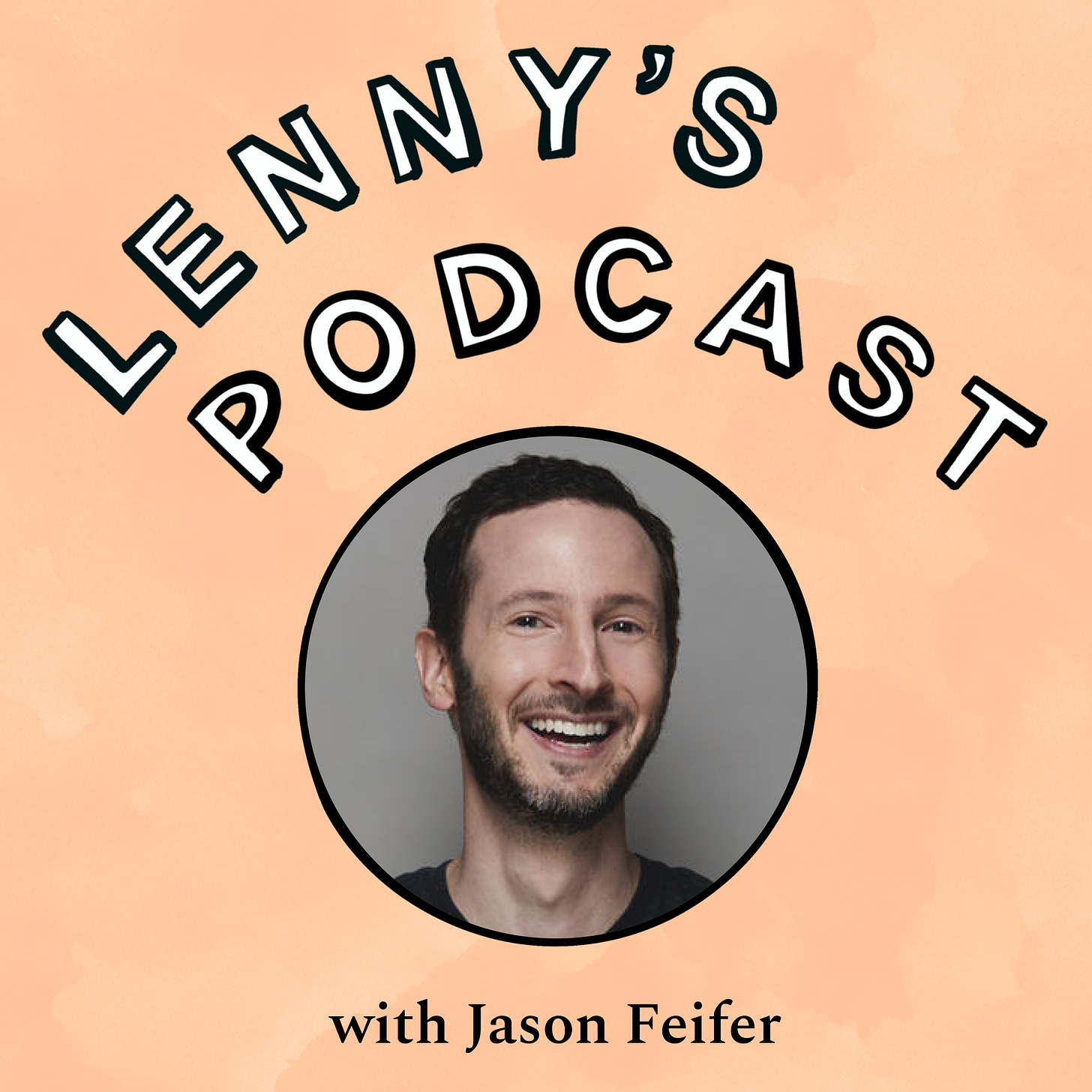

as someone who deeply struggles with self promotion, this is some great advice! well done!